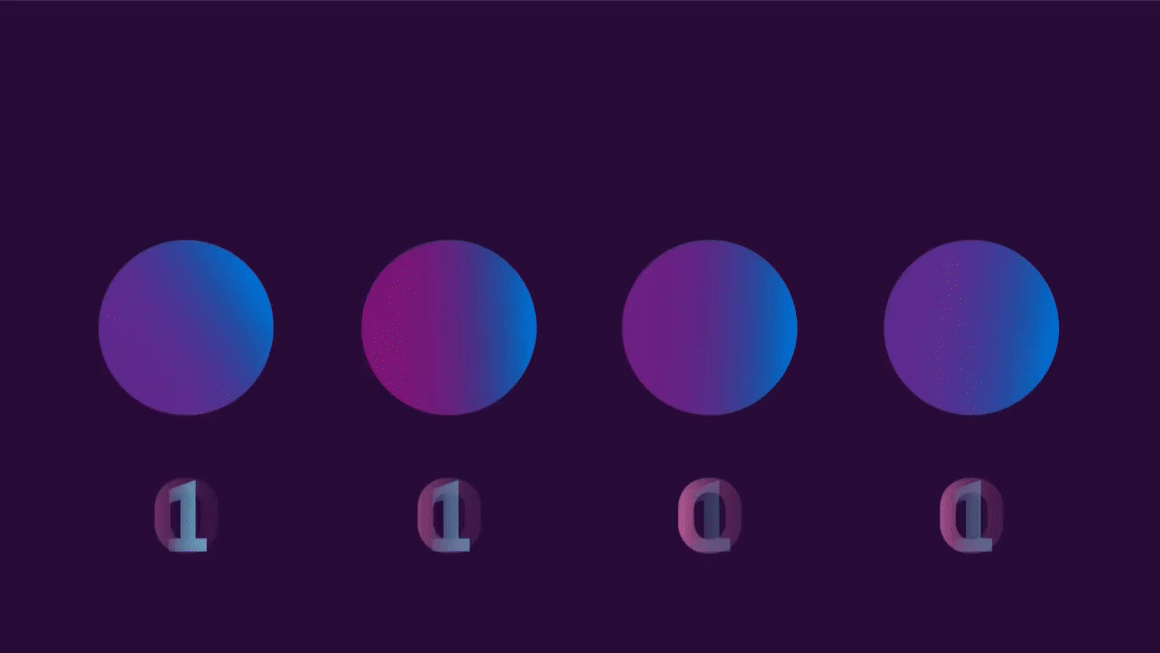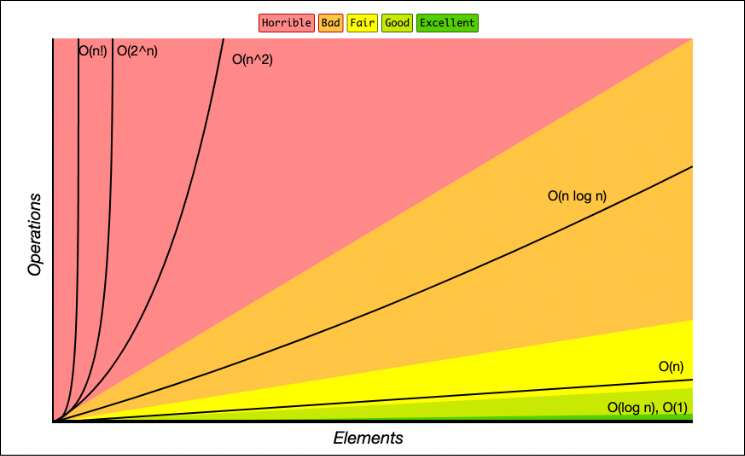Quantum Computing Isn't Magic! The Surprising Truth About How Fast It REALLY Is

I remember the first time I encountered the concept of quantum computing. It felt like stepping into the realm of science fiction, filled with talk of superposition and entanglement. The sheer complexity of it was daunting, yet the potential it held for solving some of humanity's most intractable problems was undeniably captivating. It reminded me of trying to understand how the internet worked in its early days – a powerful force whose inner workings were shrouded in mystery for most of us.
Today, quantum computing is no longer confined to the realm of theoretical physics. While still in its baby stages, it's rapidly evolving, promising to revolutionize fields ranging from medicine and materials science to artificial intelligence. But amidst the excitement, there's often a misconception about its capabilities, particularly regarding the time it takes to solve complex problems. Let's demystify this a bit and explore the fascinating world of quantum computation.

Bits vs. Qubits: The Fundamental Difference
At the heart of classical computing lies the bit, the fundamental unit of information. A bit can exist in one of two states: 0 or 1, much like a light switch that is either off or on. Information is processed by manipulating these bits through a series of logical operations.
Quantum computing, on the other hand, harnesses the strange and wonderful principles of quantum mechanics. Its fundamental unit of information is the qubit. Unlike a bit, a qubit can exist not only in states 0 or 1 but also in a superposition of both states simultaneously. Think of it as that light switch being both partially on and partially off at the same time. This ability to exist in multiple states at once is what gives quantum computers their immense potential for parallelism.
Another key quantum phenomenon is entanglement. When two or more qubits become entangled, their fates become intertwined, regardless of the physical distance separating them. Measuring the state of one entangled qubit instantaneously tells you the state of the other(s). This interconnectedness allows quantum computers to explore vast computational landscapes in a fundamentally different way than classical computers.
Dispelling the Myth of Instantaneous Solutions
One common misconception is that quantum computers will magically solve incredibly complex problems in constant time, transforming algorithms with exponential time complexity, like \( O(n!) \), into those with constant time complexity, or \( O(1) \). While quantum computers hold tremendous promise for accelerating certain types of computations, they don't fundamentally alter the inherent complexity of all problems.
Imagine trying to find a specific grain of sand on all the beaches in the world. A classical computer might have to meticulously examine each grain one by one. Quantum algorithms offer more sophisticated search strategies, but they don't eliminate the need to look.

Grover's Algorithm: A Quantum Speedup for Search
A prime example of the power – and the limitations – of quantum computing is Grover's algorithm. This algorithm provides a significant speedup for searching unsorted databases. If a classical computer needs to examine, on average, \( N/2 \) items and in the worst case N items to find a specific entry in a database of N items, Grover's algorithm can achieve the same task in approximately \( \sqrt{N} \) steps.
This is a crazy improvement, especially for larger sets. For a database with a billion entries \( N = 10^9 \) , a classical computer might need to perform up to a billion operations. Grover's algorithm, on the other hand, would require only around \( \sqrt{10^9} = 31,622 \) operations. While this isn't constant time, it represents a quadratic speedup, making previously intractable search problems significantly more manageable.
Grover's algorithm achieves this speedup by cleverly using superposition and quantum interference. It essentially allows the quantum computer to consider all possible solutions simultaneously and then, through a series of carefully crafted operations, amplify the probability of finding the correct answer.
The biggest thing I want to point out is that this computation is not instantaneous! We still need to run an algorithm \( \sqrt{N} \) times to get an answer. Not only that, but computations per item might differ between classical computers and quantum computers. Classical computers can do a computation in a few nanoseconds (10-9 secs). Quantum computer might need a microsecond (10-6) or so to complete a similar logical computation. Each quantum step is 1000 times slower than classical, but each quantum step could potentially do N2 more work than a classical step.
The Path Forward: Tractability, Not Instantaneity
The true power of quantum computing lies not in turning impossible problems into trivial ones, but in making difficult problems tractable. By offering polynomial speedups over classical algorithms for specific classes of problems, quantum computers can bring solutions to challenges that are currently beyond our reach within practical timeframes.
Think about drug discovery, where simulating molecular interactions is computationally intensive. Quantum algorithms could potentially speed up this process, leading to the development of new life-saving medications. Similarly, in materials science, designing novel materials with specific properties could become far more efficient. In the realm of artificial intelligence, quantum machine learning algorithms might unlock new levels of pattern recognition and data analysis. Problems like the Traveling Salesman Problem, currently a major hurdle in logistics and optimization, could see significant advancements through quantum approaches.
Your Thoughts?
Understanding the nuances of quantum computing is crucial as this field continues to evolve. While the promise of instantaneous solutions for all complex problems remains a fascinating idea in science fiction, the reality is more nuanced. Quantum computers offer a powerful new paradigm for computation, providing significant speedups for specific types of problems, like those addressed by Grover's algorithm and potentially for complex optimization challenges like the Traveling Salesman Problem.
Here are some additional links to learn more!
- Video from 3blue1brown, which inspired this post!
- What is a qubit?
- Grover’s and Shor’s Algorithm
- Play with IBM’s Quantum Computers
- Here some pre-built things you can do with Quantum Computers
What are your thoughts on the potential impact of quantum computing? What specific problems do you believe quantum computers will be best suited to tackle? Share your insights and questions in the comments below!


Comments ()